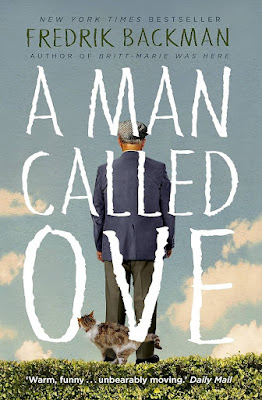The Citadel
The Citadel is an intriguing book; more so because of its name. The title in relation to the book may be understood in many different ways, but I would like to think of it as a kind of fortress built of ideals, which is kept safe zealously but for occasional compromises which lead to its downfall. The book details the shortcoming every person makes – comprising on their ideals. The Citadel is thus not just the story of a doctor’s life in the 1900s, but it is one which reflects all our lives- spent in the pursuit of happiness- in a few hundred pages.
Andrew Manson is a textbook doctor; released from college with pretentious training derived from outdated tomes and fully unequipped to handle real patients with troubles extending beyond health, a life quite different from dissecting cadavers. Despite giving us an initial perception of ineptness, his efforts to stick to his passion for research and his duty towards his patients gives him respectability.
Andrew is a man of conflicting emotions; he is torn between his desire for wealth and ethical healthcare. His moral compass takes the form of Christine Manson, née Barlow. It may be unequivocal that Christine was a much-misused woman, with her simple but fierce, unrequited love for Andrew mostly not reciprocated. The reader may be much moved by the unfairness of it all after Andrew forgets his wife’s role in his fame and tires of her. Of all the unfortunate characters portrayed, Christine stands out. One does wish that she had a happier life and a less abrupt end.
Many other events flit across the pages, but some prominent themes demand the most attention: the fleecing of poor patients by greedy doctors, who hide their dangerous incompetency behind a facade of pomp and lofty degrees and the opposition faced by researchers who want to make scientific healing the norm. A privileged clientele is more important to the greed-fuelled medics than people like the dying poor woman whose boy comes running for help in the cold night.
The book hails those stalwarts of medicine who bravely turned against the tide of ridicule and tried- and succeeded- to provide quality and individualised treatment at affordable charges. It was a happy thought to realise that a prestigious system of public healthcare like the NHS was deeply influenced by The Citadel.
The book covers the different kinds of people living in the United Kingdom, and this diversity is expressed through its myriad characters that enliven the book amidst a deluge of medical jargon. It is indeed a relief to encounter down-to-earth and genuinely jolly people like Con Boland after getting acquainted with high-handed genteel society.
AJ Cronin’s acclaimed work certainly did not disappoint in its plot and also brings with it some pointers not just for those in the medical field, but for people in all walks of life, reminding us to not jeopardise our principles for riches and to be humble enough to give credit where it is due. Dr Andrew Manson is hardly perfect, just like us. But we could always change for the better like him, reinforcing our citadels with honourable values.




One of my fave Cronin books, I have read quite a few but frankly didn’t enjoy all of them, but this book is something I liked !
ReplyDeleteI read it as part of an English assignment. I'm glad I got to read this book at least that way. This was one of the few school tasks that I enjoyed :D.
ReplyDelete